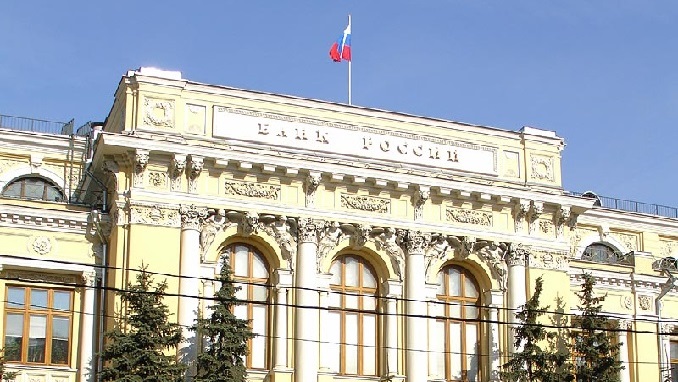A poll of economists and financial analysts conducted by the Reuters news agency shows the country faces an economic slowdown and higher inflation in 2019 due to the risk of new Western sanctions, a weaker currency, and a planned tax increase.
Gross domestic product (GSP) is expected to increase by 1.4 percent next year after expanding by 1.7 percent in 2018, the news agency said, citing a “consensus forecast” of 17 experts surveyed in the monthly poll.
Analysts expect inflation to exceed its 4 percent target and to accelerate to 5 percent by the end of 2019. In 2019, the rule will also feel pressure from the central bank’s plan to resume buying foreign currency for the state reserves, the poll showed.
“The next year will be tough,” said Oleg Kuzmin, chief economist at investment bank Renaissance Capital.
Russia’s economic growth has slowed in recent years, hit by lower global oil prices, a weak and volatile ruble, and by U.S. and European Union sanctions imposed on Moscow since its takeover of Ukraine’s Crimea region in 2014.
The seizure last month of three Ukrainian Navy vessels and their crews near the Kerch Strait prompted calls for more sanctions on Moscow. The EU decided against further sanctions but extended existing ones targeting Russia’s defense, energy, and banking sectors through mid-2019. The United States has also raised the possibility of more sanctions for what U.S. officials have called Moscow’s “malign activities.”
Kuzmin said that in 2019, “economic growth will slow amid an increase to the value-added tax (VAT) [and] higher inflation and lending rates.”
The poll comes a week after President Vladimir Putin praised Russia’s economy at an annual press conference. He repeated his call for a “breakthrough” that would bolster the economy and improve living standards but offered few details about how to achieve it.












